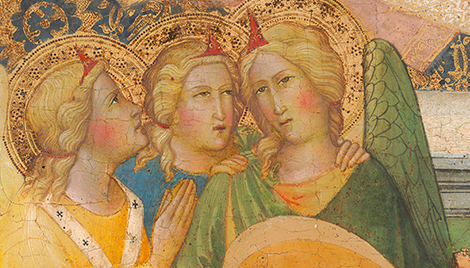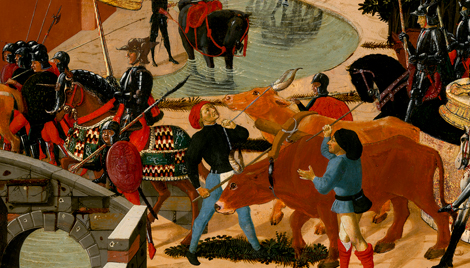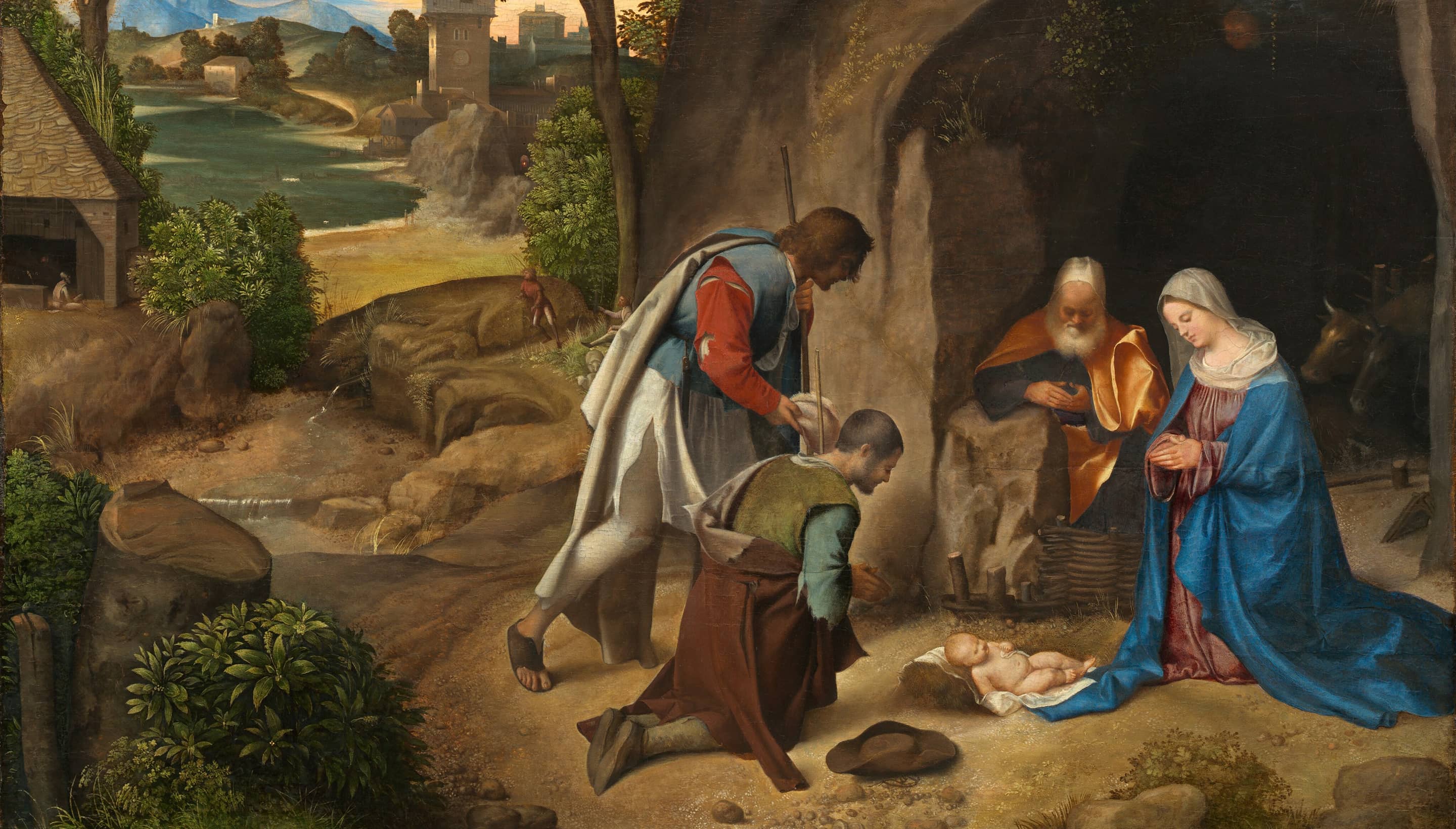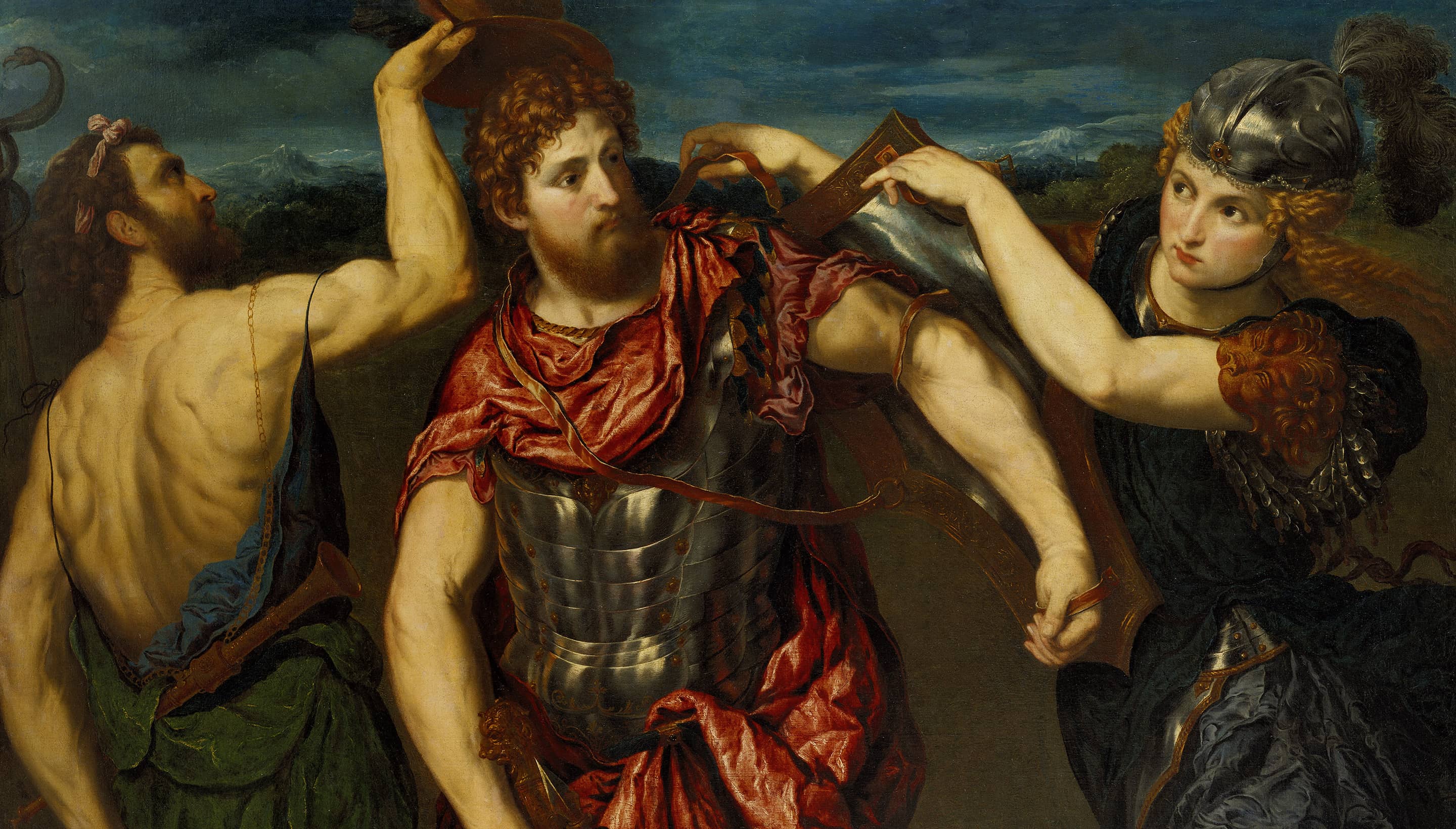Frequently Asked Questions
To whom can the Kress Foundation award its grants?
The Foundation can only award grants to American organizations that are registered as non-profits with the Internal Revenue Service.
International applicants must identify a U.S. non-profit as the fiscal sponsor for their proposal prior to beginning the application process. Applicants must provide a copy of the fiscal sponsor organization’s IRS Determination Letter, to confirm its 501(c) 3 status, as well as a letter from the fiscal sponsor confiming they have independently vetted the project, approved it as appropriate to their mision and are willing to accept and administer full or partial funding, if awarded, without taking overhead or indirect expenses.
The Foundation does not award grants directly to individuals.
Can my university/organization submit multiple applications for different projects simultaneously?
Yes. The Kress Foundation does not limit the number of applications that organizations may submit at any given time. Neither does the Foundation place a limit upon the number of grants that may be awarded to a single institution simultaneously.
When will I hear of the Foundation’s decision regarding my grant request?
After the submission of an LOI, organizations invited to apply for a grant from the Kress Foundation will be notified via email within 7 business days of the LOI deadline (March 1 or September 1).
After the submission of a grant application, proposals are reviewed and applicants are typically informed of the Foundation's decision within four to six weeks of the grant deadline (April 1 or October 1).
Can an individual apply for a fellowship?
There are different application requirements for each fellowship.
History of Art Institutional Fellowships candidates must be nominated by their academic department and may then apply for the fellowship as individuals.
Conservation Fellowship applications must be submitted by the museum or conservation research facility that will host the fellowship.
How do I obtain a reproduction of, or the rights to reproduce, a work in the Kress Collection?
Featured Slideshow Artworks
- Giorgione, The Adoration of the Shepherds, 1505/1510
- Bernardino Luini, Madonna of the Carnation, c. 1515
- Paris Bordon, Perseus Armed by Mercury and Minerva, c.1545-1555






